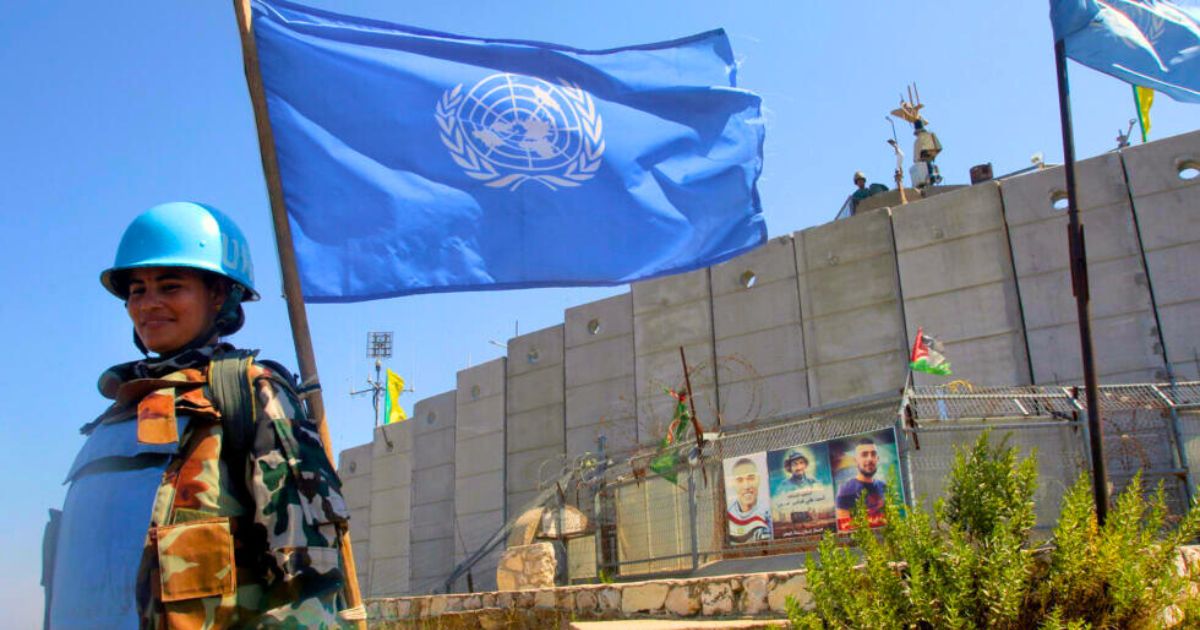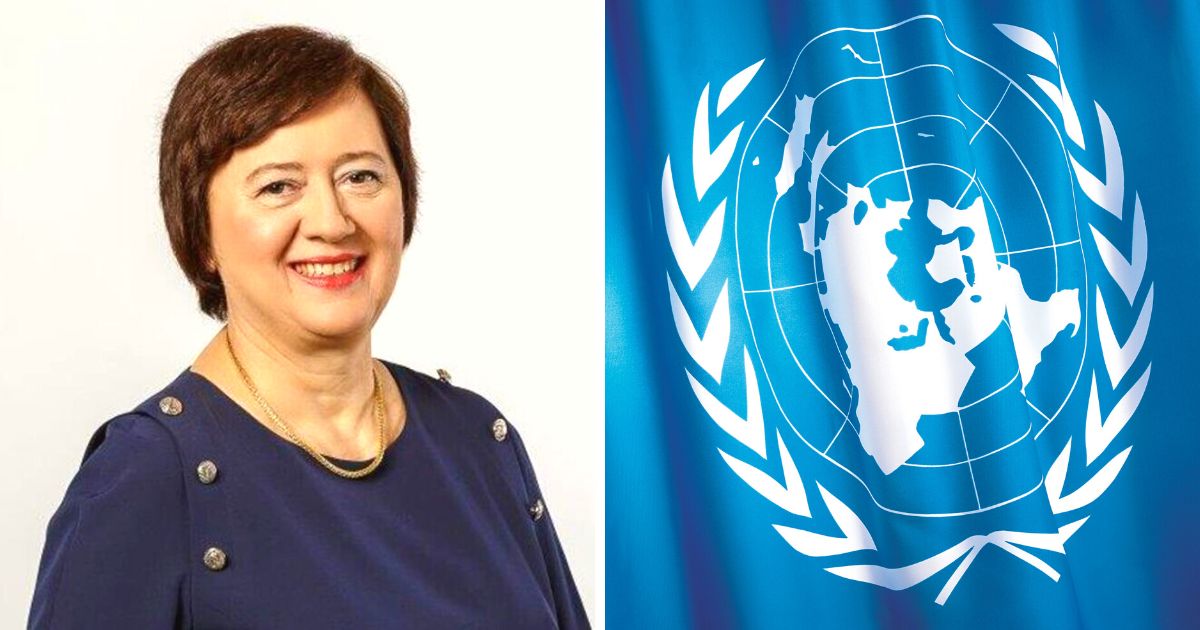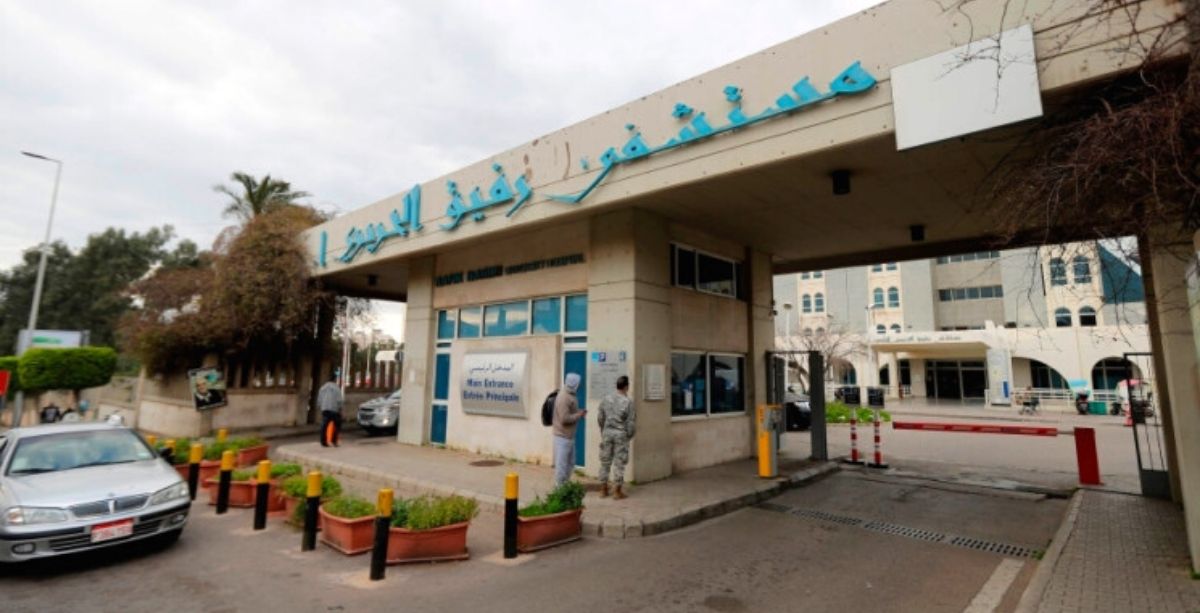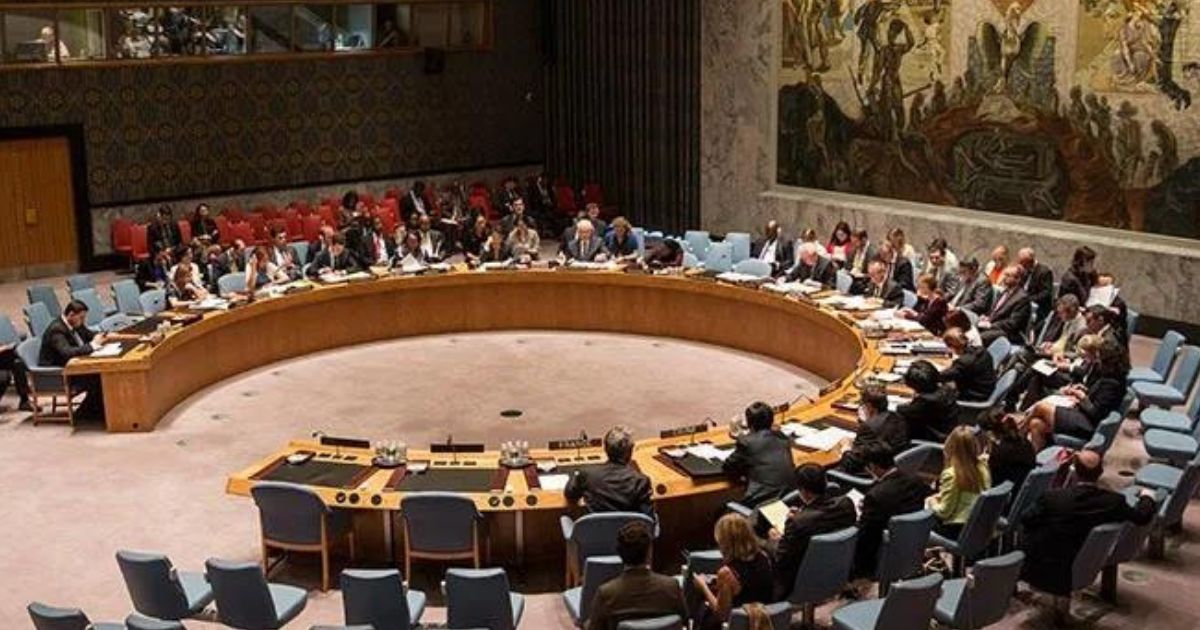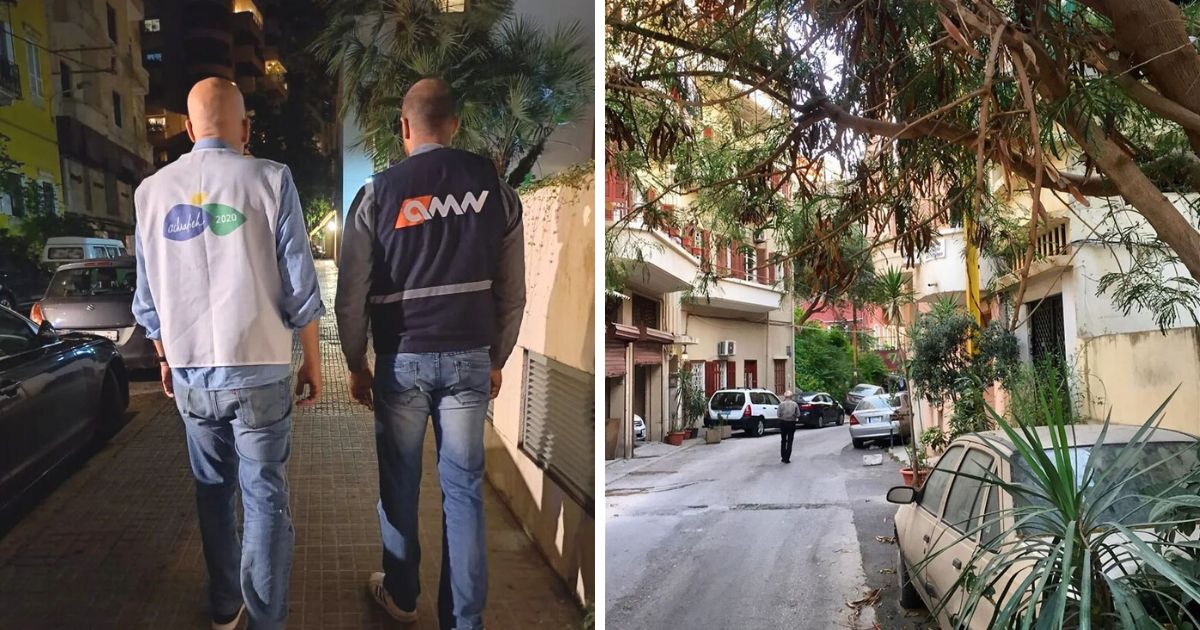Lebanon’s Crisis Response Plan (LCRP) was launched on Monday by Caretaker Prime Minister Najib Mikati alongside Caretaker Minister of Social Affairs Hector Hajjar and UN Resident and Humanitarian Coordinator Najat Rochdi.
According to the statement by the United Nations Information Centre (UNIC), “Lebanon Crisis Response Plan brings together more than 126 partners to assist 3.2 million people in need living in Lebanon. It aims to provide support to 1.5 million Lebanese, 1.5 million displaced Syrians, and more than 209,000 Palestinian refugees.”
The Crisis Response Plan is a collaboration between the Lebanese government and the United Nations, and it is comprised of contributions by local and international NGOs.
“Lebanon has been hosting displaced Syrians now for more than 11 years,” said Hajjar. “As resources are further stretched by the economic crisis, increased support to the displaced and for the Lebanese host communities remain a top priority for the Government of Lebanon and its partners.”
With the high unemployment rate, depreciation of the Lira, and inflation, the government aims to “scale up the number of Lebanese families benefiting from regular cash-based assistance under the government-led National Poverty Targeting Program […] from 36,000 families to 75,000 families over the next two months,” said the UNIC.
The government has also implemented the National Social Protection Strategy and the Emergency Social Safety Net program to provide social protection and financial assistance to vulnerable families living in poverty.
Last Thursday, the UN held a press conference headed by Rochdi to extend Lebanon’s Emergency Response Plan to aid vulnerable Lebanese, Palestinian, and migrant families during the country’s crisis.
“These circumstances are driving negative coping mechanisms, as families are forced to send their children to work instead of school, skip meals or incur debt. It is important that municipalities are supported to keep basic services running amid massive capacity gaps,” said Rochdi at the launch.





